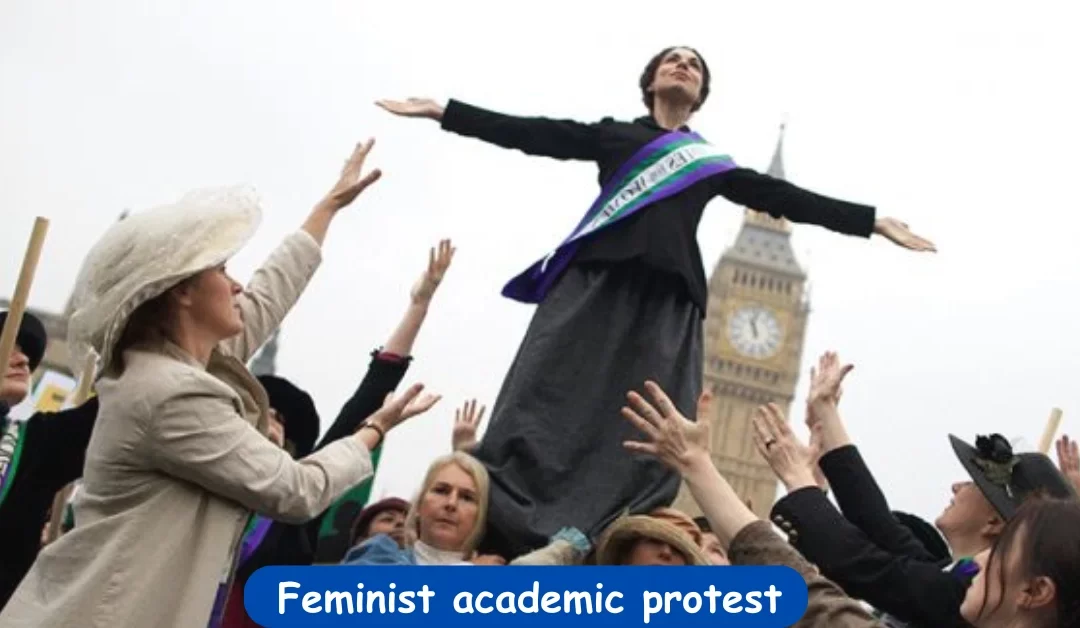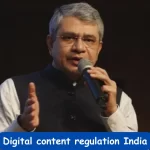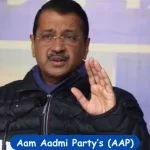Feminist Boycott of Gender Journal Sparks Controversy
The recent mass walkout from a top feminist journal, Gender, Work & Organization (GWO), has caused debate in academic circles. While the boycott aimed to challenge the journal’s new direction, critics say it harmed early career researchers and highlighted issues of privilege.
Why Feminist Scholars Walked Out
In March 2024, over 500 feminist scholars resigned from GWO. They were upset that publisher Wiley appointed business experts, rather than feminist scholars, to lead the journal. This decision, they argued, moved the journal away from its critical feminist roots.
Key concerns:
- Focus Shift: Scholars believed GWO was prioritizing mainstream business research over feminist issues.
- Boycott Call: Feminist academics urged others to stop submitting papers to GWO and even withdraw existing ones.
The protest gained support on social media, with many applauding the scholars for taking a stand. However, new problems soon arose, especially for young researchers.
Impact on Early Career Researchers
A study published in Equality, Diversity, and Inclusion revealed how the boycott unintentionally hurt early career scholars.
Key Issues Faced by Junior Researchers:
- Job Risks: GWO is highly ranked, and publishing there often helps researchers secure academic jobs. By withdrawing papers, many lost opportunities.
- Unequal Benefits: Senior scholars gained recognition for their “moral stand,” but younger academics, often with limited resources, faced career setbacks.
- Stigma: Researchers who didn’t support the boycott were labeled as anti-feminist or unsupportive of the protest.
Mustafa Özbilgin, a professor at Brunel University, noted, “The protest leaders were mostly senior academics with secure jobs. They benefited socially and professionally, while junior researchers faced long-term harm.”
Privilege and Inequality in the Boycott
Critics also highlighted issues of privilege in the protest:
- White Privilege: Many protest leaders were from privileged backgrounds, and their actions disproportionately affected minority scholars.
- Career Damage: Junior researchers from marginalized groups were encouraged to join the protest, but they suffered more consequences than their mentors.
Özbilgin explained, “While some gained recognition for standing up, others, especially minorities, were left worse off. This is not true feminist care and solidarity.”
Divided Opinions in Academia
The boycott created tension within the academic community. Some supported the protest as necessary, while others felt it was unfair.
Different Perspectives:
- Pro-Boycott: Supporters saw the walkout as a way to challenge the commercial publishing system and fight for feminist values.
- Criticism: Others argued that targeting one journal was ineffective and unfair to young scholars who rely on publishing in GWO for their careers.
A participant in the study called the boycott “one-sided and simplistic,” while another said, “We’re all losing – both the journal and the scholars.”
Lessons for Future Protests
The protest raised important questions about how academic boycotts should be handled. Experts suggest protests should:
- Protect the Vulnerable: Consider how actions affect junior researchers and marginalized groups.
- Avoid Division: Foster unity in academia rather than creating stigmas.
- Focus on Systemic Change: Broader efforts to challenge the commercial publishing system may be more effective.
Özbilgin emphasized the need for careful planning, saying, “We must think about everyone involved, especially those most vulnerable, before starting such protests.”
The GWO boycott highlights the complexities of academic protests. While it started with noble intentions, the unintended consequences harmed many early career researchers. Moving forward, scholars need to balance standing up for their principles with protecting those most at risk.































